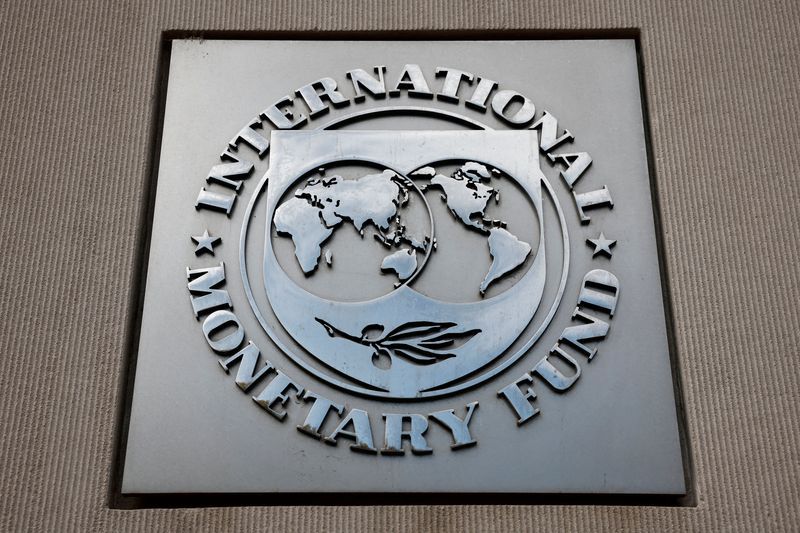KUALA LUMPUR: Malaysia’s financial strength and market flexibility support resilience against external shocks and capital outflows, according to the International Monetary Fund (IMF).
These factors, including Malaysia’s strong balance sheet, positioned the country well to navigate global financial volatility without major disruption, the IMF stated in its 2025 external sector report, released in Washington on Monday.
The IMF said Malaysia’s net international investment position (NIIP) is expected to increase over the medium term, supported by projected current account surpluses.
“Malaysia’s NIIP has averaged about 2.6% of gross domestic product (GDP) over the last decade, increasing to 5.4% at the end of 2023, supported by strong current account surpluses during the pandemic that helped increase reserve assets,” it said.
It highlighted that the NIIP then declined to 0.6% of GDP at the end of last year because of an increase in direct and portfolio investment liabilities.
At the same time, total external debt increased to 69.7% of GDP at the end of 2024, compared with 68% at the end of 2023, and remained manageable.
One-third of the external debt is denominated in ringgit, which means it is not subject to valuation risks, the IMF noted.
Additionally, short-term external debt, making up 42.8% of the total external debt, is considered manageable.
The IMF said this is primarily because most of it consists of intragroup borrowing among banks and corporations – an arrangement that tends to be stable – or trade credits that are backed by export earnings.
It said Malaysia’s external position in 2024 was assessed to be moderately stronger than the level implied by medium-term fundamentals and desirable policies.
After falling in 2023, amid a challenging external environment, the country’s current account surplus fell slightly in 2024, as higher intermediate and capital goods imports outweighed higher exports due to an upturn in the global semiconductor cycle.
“Over the medium term, the current account surplus is projected to increase slightly as the services balance benefits from a continuing recovery in tourism.”
It also outlined potential policy responses by Malaysia, which in the near term, preserved the exchange rate flexibility to facilitate external adjustments that were driven by fundamentals. — Bernama
